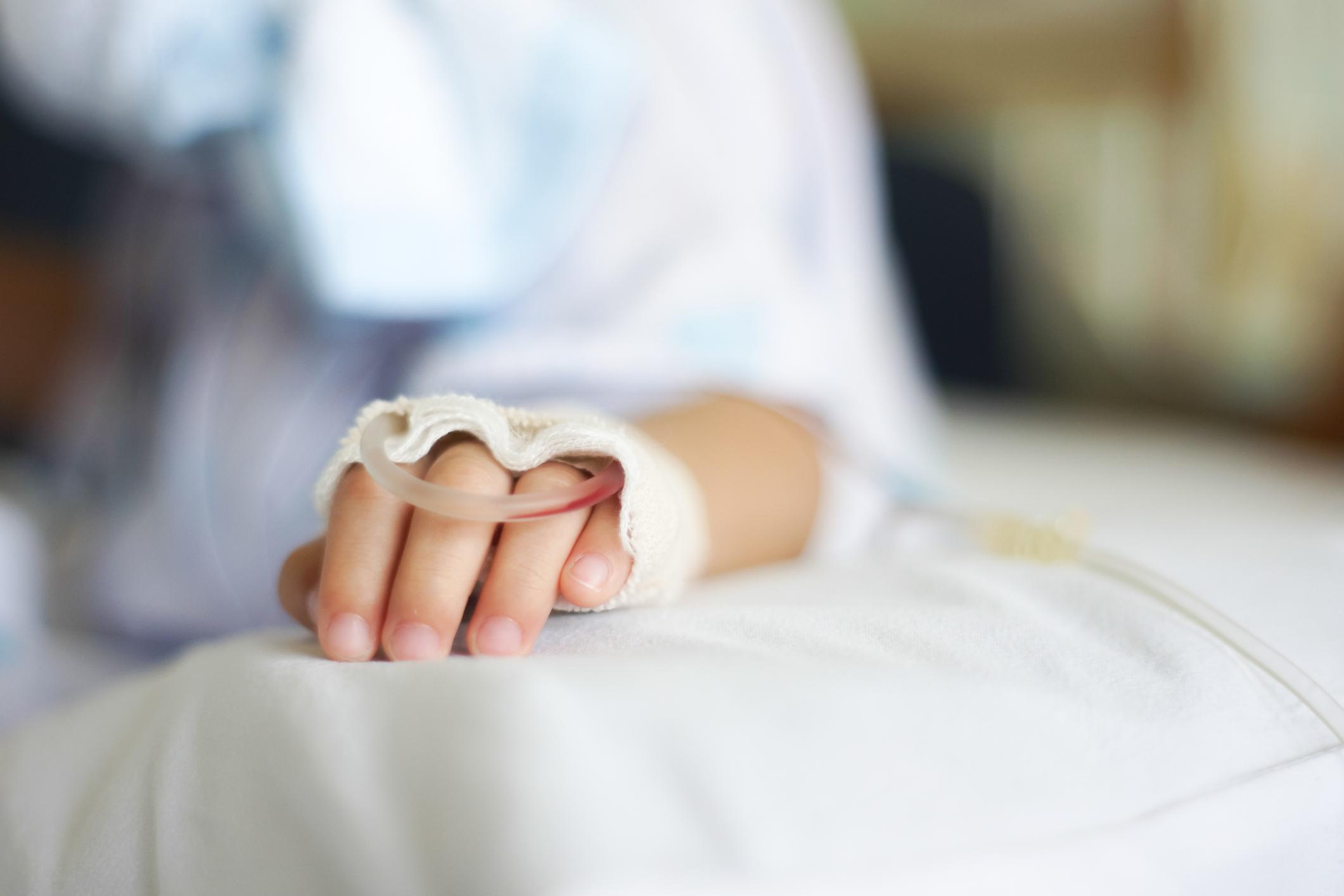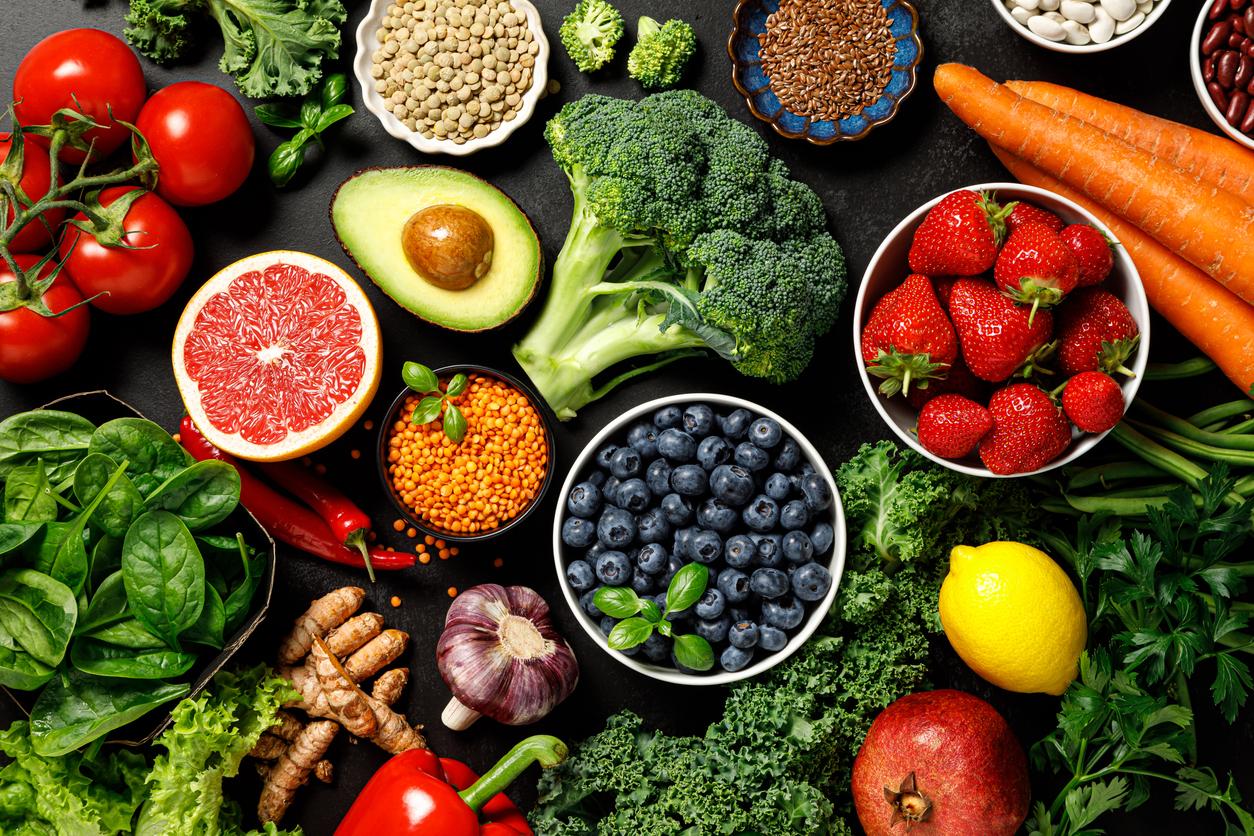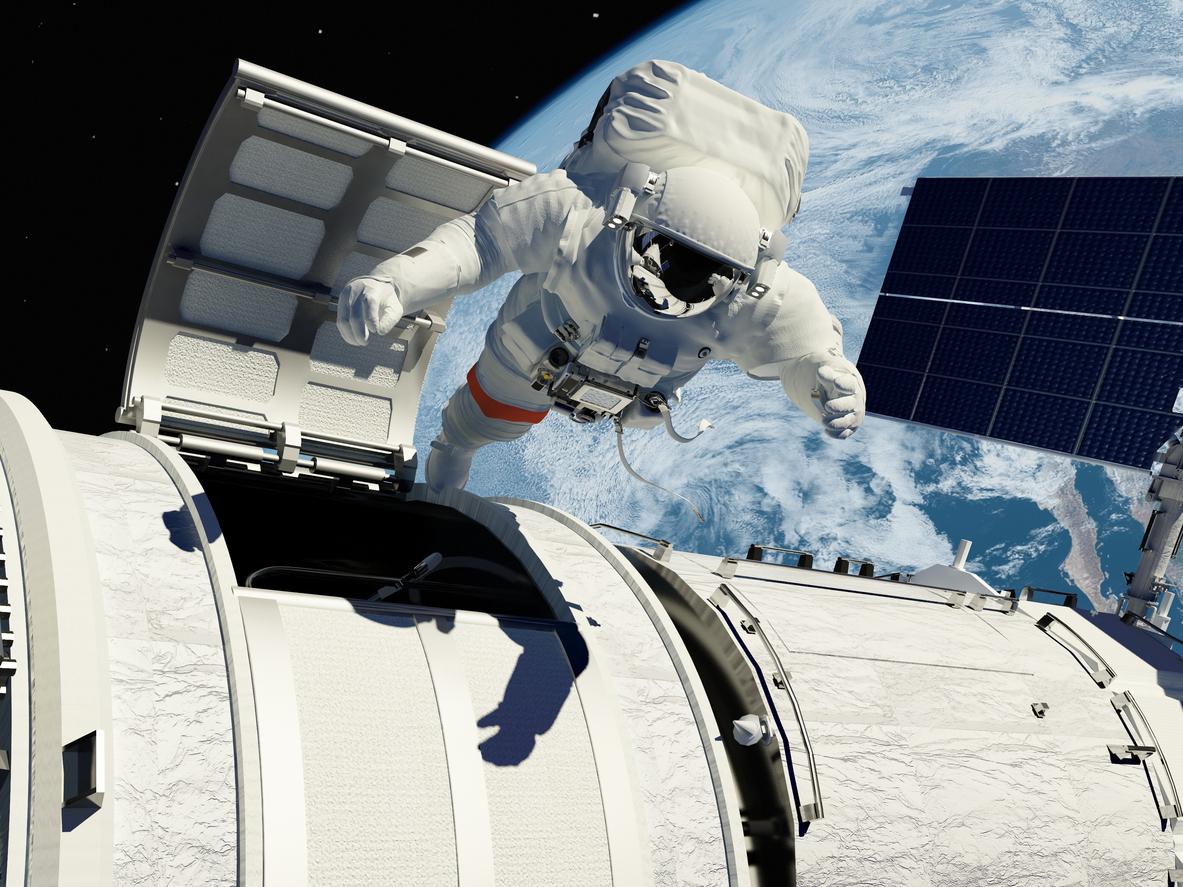
Reduced risk of kidney stones with proper nutrition
Anyone who has ever had a kidney stone is more likely to get another. Of course you want to prevent that, but how do you do that? We explain to you what it is better to eat and drink if you are sensitive to kidney stones.
What are kidney stones?
Kidney stones are stones of undissolved waste that can appear in the urine. These stones are normally unmarked unless they get stuck in the ureters, the drains that run from the kidneys to the bladder. Such a jammed kidney stone can cause severe pain in the side or abdomen. Once you’ve had a kidney stone, there’s a good chance you’ll get another one. Fortunately, there are a number of things you can pay attention to to prevent this as much as possible.
What causes kidney stones?
To know how to prevent kidney stones, it is important to know what can cause them. Kidney stones are caused by an excess of waste products in your urine. These waste products can precipitate as crystals, and then clump together into stones: kidney stones. There can be several reasons for too much waste in your urine. It can happen if you have had too little to drink, while you have lost extra fluid through, for example, diarrhea or a lot of sweating. Your urine is then super concentrated and therefore also contains a lot of waste. But there can also be a physical cause, for example because the kidneys excrete too much salts, the acidity of the urine is disturbed or there is a shortage in your body of substances that normally help to prevent stone formation.
Types of kidney stones
Depending on the cause and type of waste, different types of kidney stones can form. In about three quarters of the cases, a kidney stone consists of calcium oxalate. With calcium oxalate stones, it is important to avoid oxalic acid-rich foods as much as possible. For example, a lot of oxalic acid is in beetroot, rhubarb, spinach, nuts, peanuts and chocolate. In addition, there are also other kidney stones, such as calcium phosphate stones, uric acid stones, struvite or infection stones and cystine stones. Different dietary recommendations also apply to all these different types of stone. That is why it is wise to ask for advice from a dietician if you have (had) kidney stones. They can give specific nutritional advice, tailored to the type of kidney stones you have. In addition, there are also four general nutritional advice that apply to all types of kidney stones.
Advice 1: Drink plenty
Drinking lots of water, about 2.5 to 3 liters of fluid a day, will dilute your urine. This reduces the chance of stones forming. Have no idea how much you actually drink? Then count all the glasses and cups you have drunk for a day. For example, if you drink 5 cups and 7 large glasses, you have drunk 2.5 liters. You can also tell by the color of the urine whether you are drinking enough. The lighter the color, the less concentrated the urine is. Try to drink plenty of water or other unsweetened drinks.
Advice 2: Eat more vegetable
A plant-based diet reduces the risk of kidney stones. This is because, according to research, protein from plant foods leads to much less stone formation than animal proteins from meat, fish or dairy. And there is another big advantage to a more plant-based diet: it also ensures that you get a good dose of potassium, magnesium and dietary fiber. These are substances that help to pass out more waste products such as citrate. And that in turn reduces the risk of developing kidney stones. Therefore, do not only fill your plate with vegetables and legumes during dinner, but also eat vegetables, fruit, nuts, seeds or legumes in between or with your other meals.
Advice 3: Calcium protects
In the past, it was advised to avoid calcium-rich products, such as milk, yogurt and cheese, as much as possible in case of kidney stones. We now know that calcium does not cause extra stone formation. With some stones, the use of dairy during the meal even has a clear protective effect. But more calcium does not automatically mean more protection. The 2 to 3 servings of dairy and 40 grams of cheese per day recommended by the Nutrition Center is more than sufficient.
Advice 4: Be moderate with salt
What is good for your kidneys is also good for preventing kidney stones. The sodium in (table) salt can increase calcium excretion in your urine, which can cause stones to form. Try to limit the amount of salt in your diet by sprinkling moderate salt on your food and avoiding salty products as much as possible. Products with a lot of salt are, for example, stock (tablets), soy sauce, sauces and soups from packages, ready-made meals, chips and other salty snacks, salty herring and licorice.










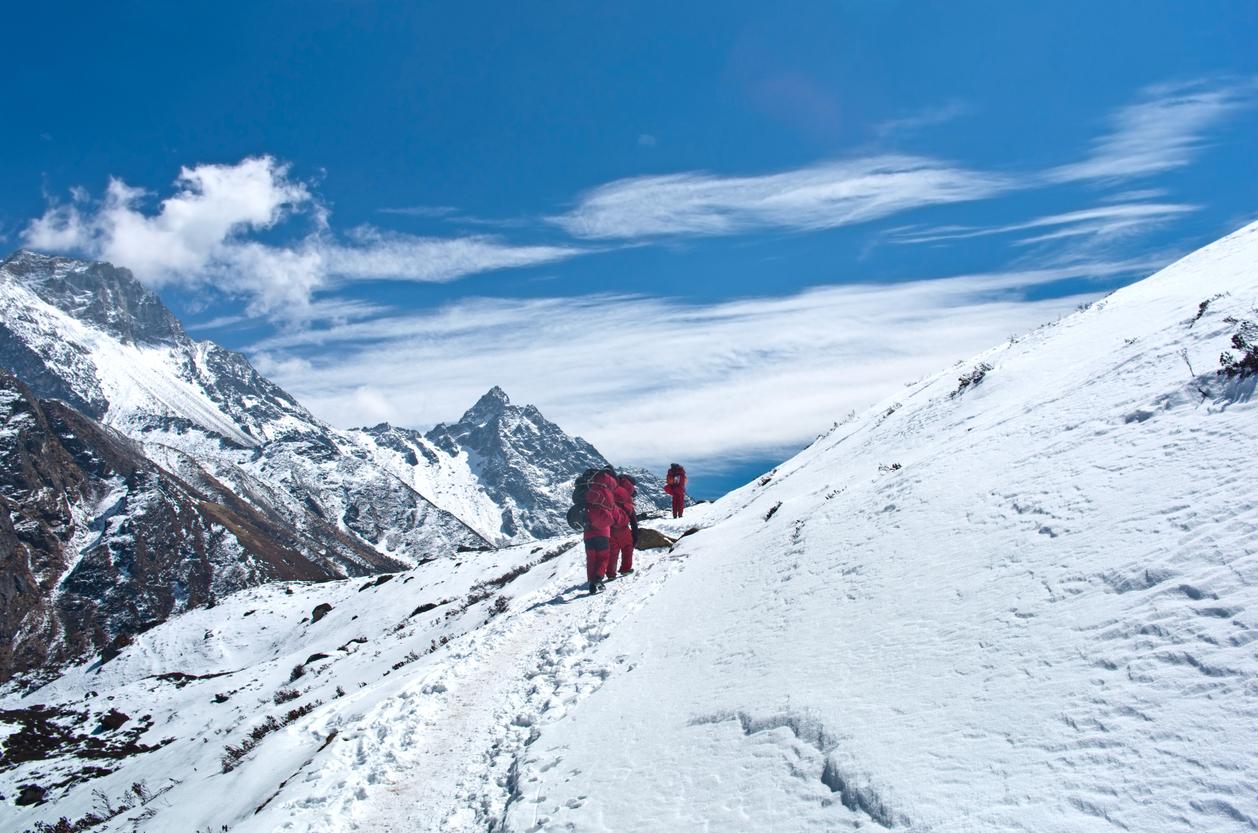

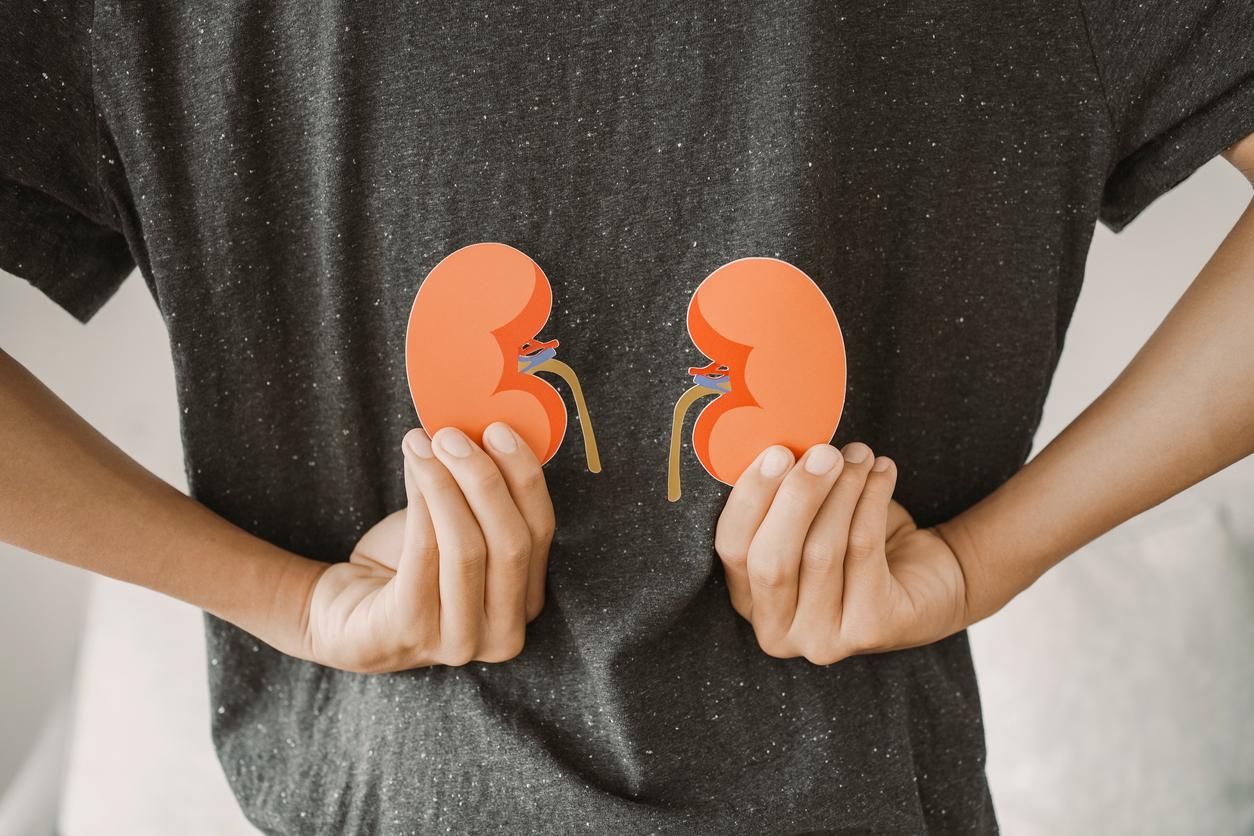
-1730888646.jpg)
